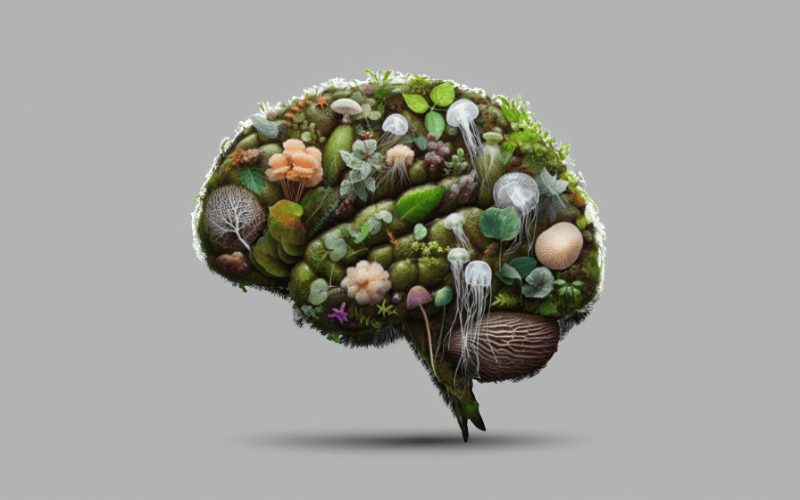The brain, that intricate and mysterious organ, has always been considered the thinking center of learning. Yet translucent jellyfish and carnivorous plants, seemingly simple creatures, defy this notion.
Science is increasingly showing that learning in the world is not confined to complex neural networks, but occurs in surprising contexts. And it forces us to reconsider the very foundations of cognition.
Thinking nature
The brain, with its complex network of neurons and synapses, is a product of evolution that has allowed animals to adapt and thrive in changing environments. But, as the old saying goes, “all that glitters is not gold”.
Of course, the brain has undoubtedly revolutionized the way we perceive and interact with the world, but it is not the only "thinking" protagonist in this story of learning and adaptation.
Who needs a brain, anyway?
The jellyfish, ancient and fascinating creatures, do not have a centralized brain like ours. Yet, they are capable of behaviors that suggest a form of learning. Let's take the anemone Actinia equina, that can recognise and tolerate the presence of genetic clones of itself, avoiding territorial conflicts.
Another recent research brought to light something even more surprising: the cube jellyfish they are enthusiastic apprentices. This study revealed that, despite their limited number of neurons, they are able to associate light variations with tactile feedback, improving their navigation.

Learning without neurons
If you think jellyfish learning is amazing, prepare to be even more amazed. The clusters of cells called mucilaginous molds they have demonstrated an astonishing ability to learn. They can remember routes to food and use previous experiences to inform future foraging strategies. A “thinking” unicellular organism. Incredible or not?
And then there are plants. Yes, you read that correctly. Plants. There venus flytrap, for example, uses sophisticated sensors to "remember" and count the times a prey touches it, thus ensuring a nutritious meal. Other plants, such as Mimosa pudica, they are able to learn and adapt to repeated stimuli, saving energy.

Redefining the concept of “thinking being”
Revolutionary discoveries on the topic are redefining our idea of learning and cognition. If brainless organisms can learn and adapt, what does “thinking” really mean? And how should we view these beings in the grand scheme of life?
Not to mention the ethical issues. If fish and insects can sense pain and learn, how should we treat them in our recreational, research and… culinary activities? Questions challenge us to reflect on our place in the natural order of things.
These organisms, with their extraordinary capabilities, are a tribute to the creative power of evolution. They remind us that, even without a brain, life always finds a way to adapt, thrive and, yes, learn. Perhaps we too can learn to see the world with new eyes, appreciating the diversity and complexity of life in all its forms. Otherwise, what's the point of having a brain?


